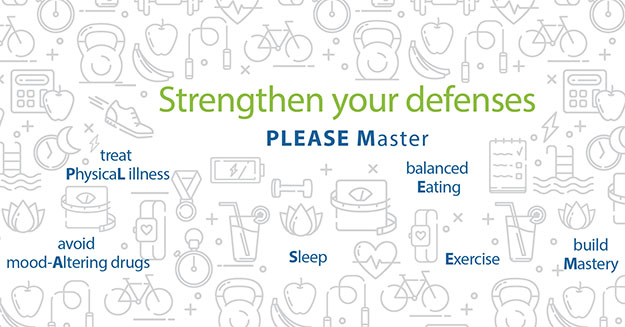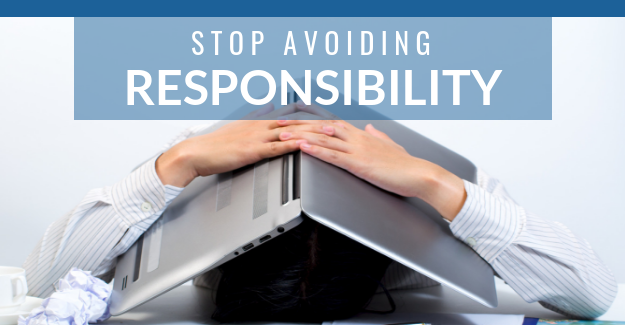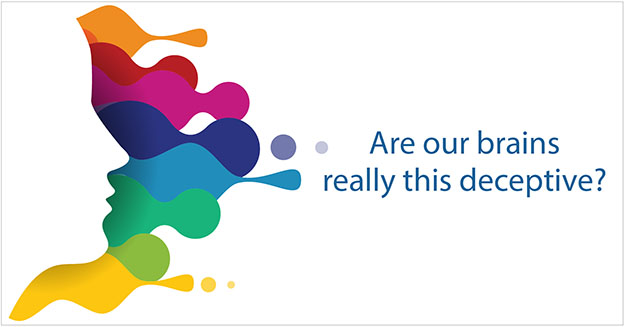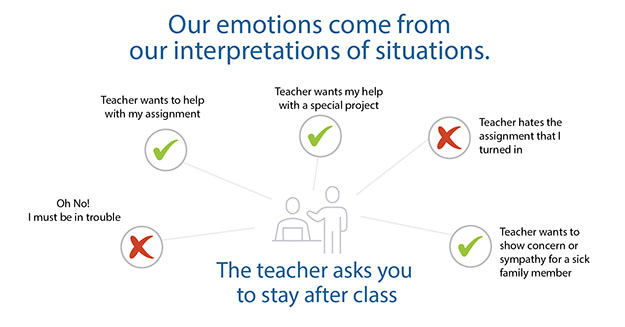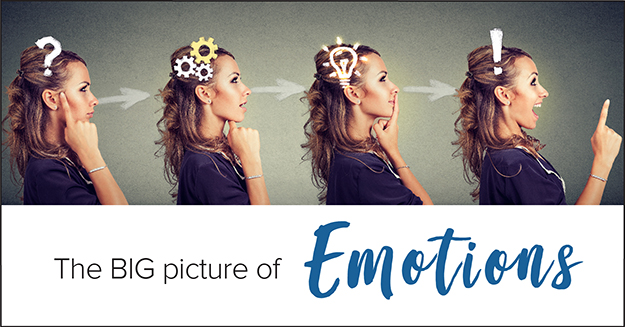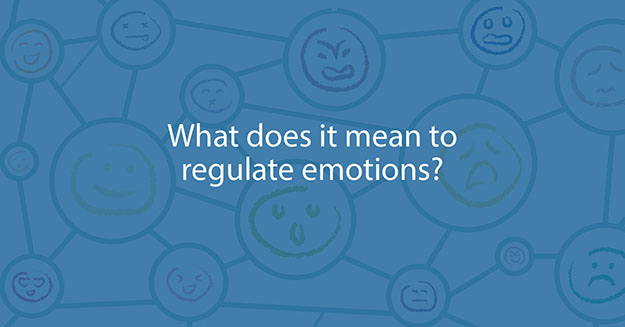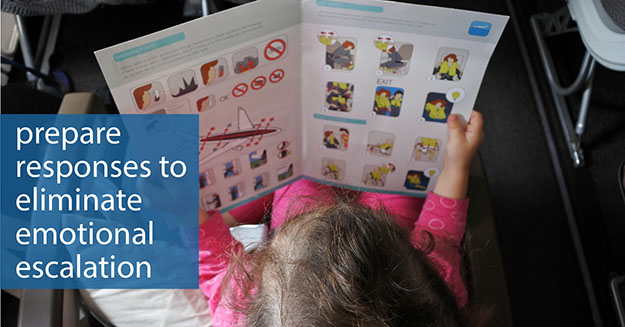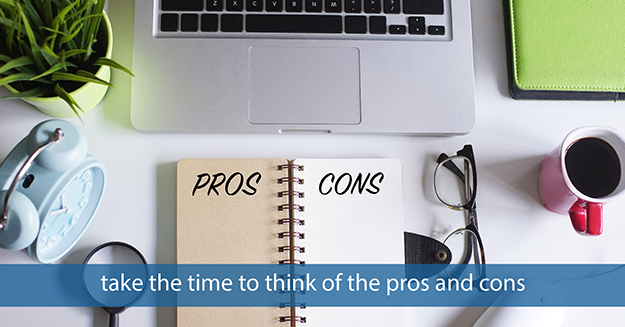Strengthen your defenses by reducing emotional vulnerability. This means that we take care of ourselves on a daily basis so that we are at our best …
Cope Ahead
Sometimes it is more difficult to cope in distressing situations than other times. For example, we are not as effective when we are tired, hungry, in …
Do the Opposite!
If we are having an emotion and we do not want to change it, then we do not need to do anything -- except for more of what we are already doing. The …
People are Lazy
People are lazy. Why else would we avoid responsibility? Yes, that was a judgmental statement. People are not as lazy as they may appear. It is …
Are our Brains Really this Deceptive?
With all the ways that our brains deceive us, it is amazing that the human race has survived at all! The human brain is selective in the information …
Continue Reading about Are our Brains Really this Deceptive? →
Interpretation of Events
If you are walking in the jungle and hear a twig snap, what would be your initial interpretation of what caused the sound? It could be a tiger, or it …
The Big Picture of Emotions
In order to regulate emotions, it is necessary to first figure out what emotion (or emotions) we are feeling. Once the emotion is identified, it can …
What Does it Mean to Regulate Your Emotions?
Emotion Regulation skills are used for the day-to-day experiences with the environment, our interpretations of the events, our reaction to emotions, …
Continue Reading about What Does it Mean to Regulate Your Emotions? →
What more can be said about Distress Tolerance?
It's all about calming down so that problem-solving skills can be applied. However, this requires thinking of the skills in the moment before …
Continue Reading about What more can be said about Distress Tolerance? →
Take the Time to Think of Pros & Cons
Pros and cons is a skill in our Distress Tolerance module that often is overlooked. It seems so basic and straightforward that we often do not give it …
Continue Reading about Take the Time to Think of Pros & Cons →
